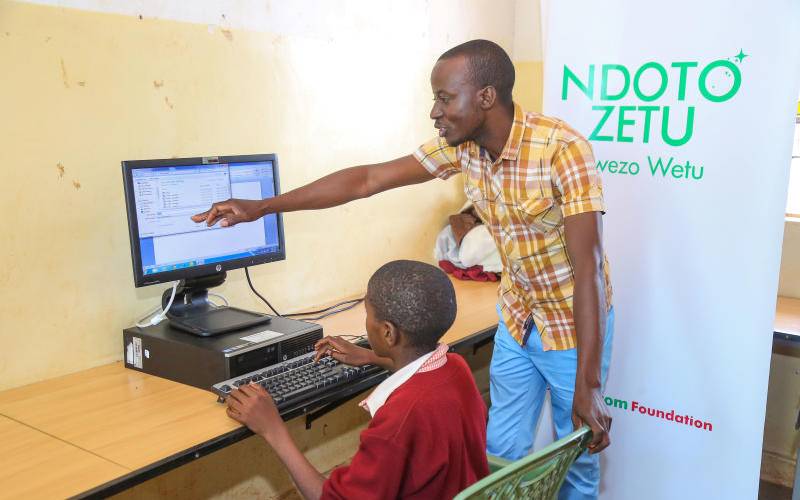
When in 2018, Bill Gates advised that ‘eliminating diseases and causes of poverty would require scientific discovery and technology-based innovations’ little did we know that in 2020, synthetic messenger RNA technology would be the answer to the Covid-19 pandemic. Vaccines came fast and humanity was saved.
Social media has created an air of overnight fame courtesy of Apps like: TikTok, WhatsApp, Facebook, Snapchat, etc that allow real-time networking or livestreaming, tweeting, viewing, sharing or following. Consequently, we all have a voice; one that has been amplified digitally.